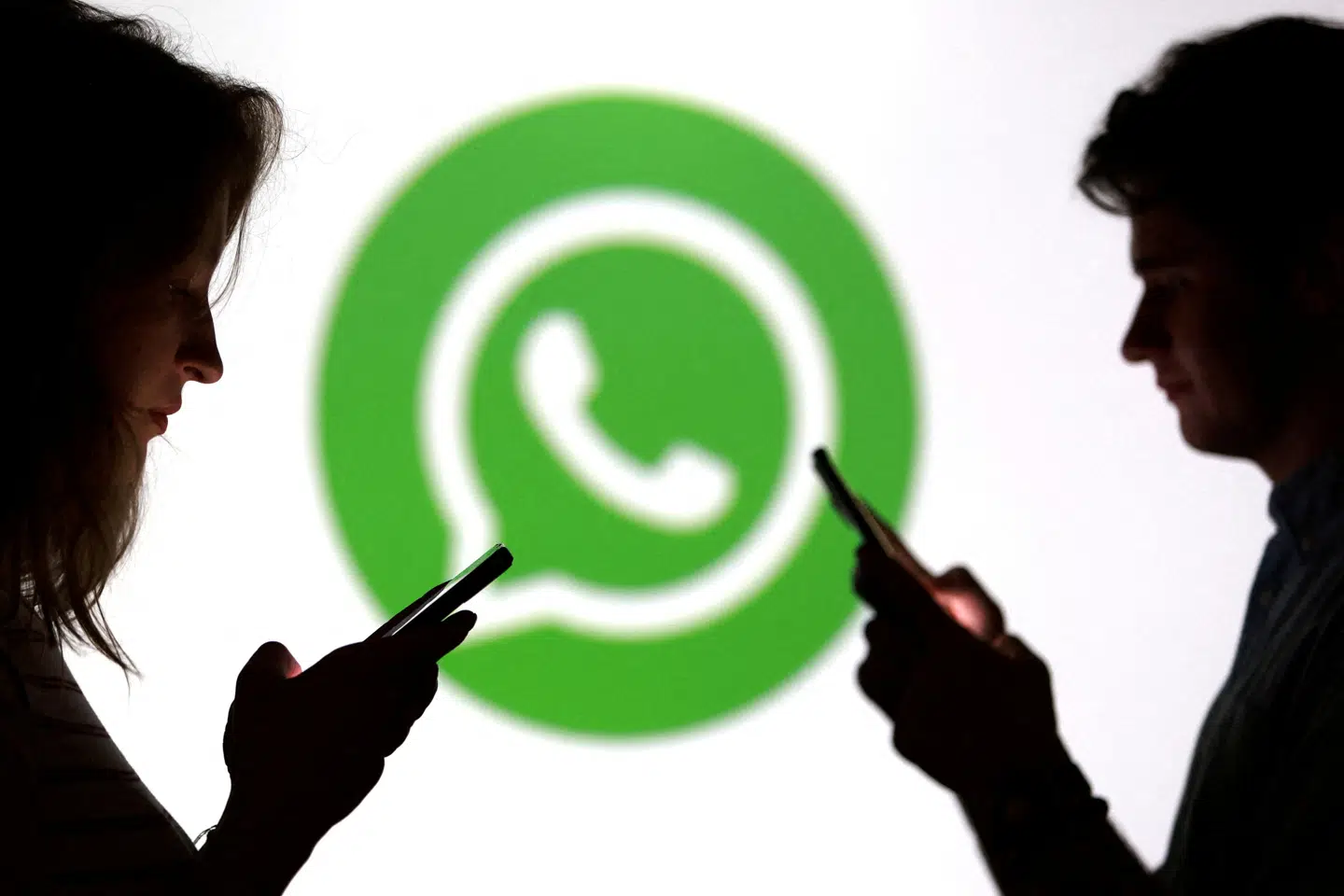A federal judge on Tuesday dismissed the Federal Trade Commission’s claims that Facebook parent Meta Platforms has an illegal monopoly in social media, rejecting one of the government’s marquee antitrust lawsuits against big technology companies.
U.S. District Judge James Boasberg said the FTC didn’t prove its claims that Meta’s acquisitions of Instagram in 2012 and WhatsApp in 2014 have allowed the company to maintain an unlawful monopoly in personal social-networking.
“Whether or not Meta enjoyed monopoly power in the past…the agency must show that it continues to hold such power now,” Boasberg wrote in an 89-page decision . “The court’s verdict today determines that the FTC has not done so.”
The FTC argued that Meta was still a monopolist because its products focused on connecting friends and family, which made them distinct from social-media apps such as TikTok whose models are built on short-form video entertainment.
But during a six-week trial, FTC attorneys often struggled to demonstrate that there were clear differences between how consumers use Facebook and Instagram versus other apps.
Boasberg, an appointee of former President Barack Obama , said TikTok today “holds center stage as Meta’s fiercest rival.”
A Meta spokesman said the outcome “recognizes that Meta faces fierce competition.” An FTC spokesman said the agency was deeply disappointed in the decision and “reviewing all of our options.” Meta shares closed down less than 1% after Boasberg’s ruling.
The FTC’s case against Meta struggled from the start, dating to the first Trump administration, which sued the company in late 2020. Boasberg dismissed that lawsuit the next year, saying the FTC hadn’t provided enough facts to back up its claims.
The commission then filed a new and more extensive complaint during the Biden administration, when former Chair Lina Khan ran the agency. The case went to trial in April.
The decision underscores the hurdles antitrust officials face in trying to enforce antimonopoly laws in fast-moving technology markets. Startups tend to innovate and challenge big companies faster than the government can litigate complex lawsuits aimed at curbing alleged monopolies.
The Justice Department earlier this year confronted that reality in one of its antitrust lawsuits against Google. Although a federal judge agreed that Google used anticompetitive contracts to protect its dominance in internet search, he declined to order sweeping changes to its business, saying artificial-intelligence chatbots are already eroding the tech company’s monopoly.
The FTC’s case sought to unwind Instagram and WhatsApp from Meta ownership, years after the commission allowed the company to make both acquisitions. During the 2012 review of the Instagram deal, some at the FTC were worried about the competitive implications of the transaction but weren’t sure they could win a case.
The commission in the current case argued that time had shown Meta engaged in a campaign to buy upstart rivals rather than compete with them, to the detriment of competition.
By contrast, Boasberg said time had shown that Meta was shifting its emphasis because of competition, following the TikTok trend of using algorithms to serve users ever-increasing volumes of videos on Facebook and Instagram that keep people glued to mobile apps.
“Facebook and Instagram have significantly transformed over the last several years,” the judge wrote.
The changes have generally made Meta’s apps more appealing, the judge said. Americans now spend only 17% of their time on Facebook looking at updates from their friends, he said.
The FTC tried other arguments to support its claims that Meta monopolized social media. Facebook and Instagram are free to use, so the agency couldn’t claim that Meta’s market power allowed it to raise prices.
Instead, it said Meta could extract more money from its users’ personal data by serving them with targeted ads. The shift toward presenting more ads degraded the quality of its apps, the FTC said.
Boasberg, however, said Meta’s ads tend to be useful and easy to ignore if users want to scroll past them, he wrote.
Meta has used its billions of dollars earned from advertising to fund its vast AI expansion.
Had Meta been required to sell Instagram, it could have lost nearly half its annual revenue, according to some outside estimates.
The company is also facing competition from dedicated AI companies, including OpenAI and Anthropic .
The FTC had demanded $30 billion to settle the case before it went to trial. Meta Chief Executive Mark Zuckerberg offered $450 million and thought President Trump would back his bid to end the legal fight, The Wall Street Journal reported in April.
Trump’s appointed FTC chairman, Andrew Ferguson , took the case to trial and said he was confident his agency would win .
At the time the original suit was filed, two Republicans who then served on the FTC voted against it. Still, GOP lawmakers have alleged Facebook’s market power allowed it to censor viewpoints about the coronavirus pandemic and the 2020 presidential election.
After Trump returned to power this year, the FTC asked users of Facebook and other apps to report cases of censorship to the commission. Ferguson has said suppression of unpopular speech might be a sign of anticompetitive behavior. But the FTC didn’t make arguments about censorship at trial.
Write to Dave Michaels at dave.michaels@wsj.com
